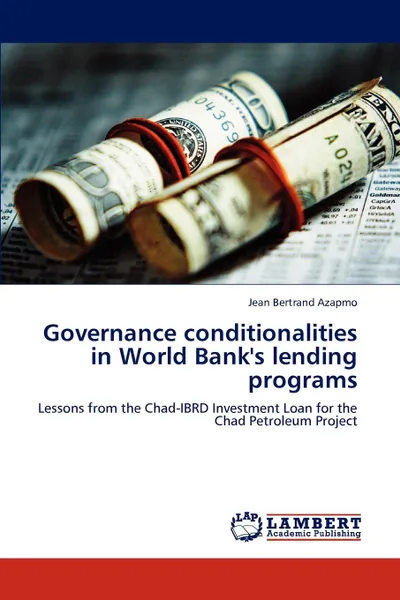Governance Conditionalities in World Bank.s Lending Programs 12+
Автор: Jean Bertrand Azapmo
84 страницы
Категория: Бизнес образование
ISBN: 9783845421124
Язык: Английский
📓 Thirty years after it achieved its independence, the Republic of Chad, which have faced a long period of political instability, embarked in the process of exploiting its oil resources with the ultimate objective to achieve its social and economic development. Given the size of the proposed project, and the difficulties in mobilizing financial resources for the completion of this project, the Chad Government secured a US$39.5 millions investment loan from the International Bank for Reconstruction and Development (IBRD), one of the institutions of the World Bank. The loan agreement signed on March 29th 2001, included a Petroleum Revenue Management Program (PRMP), which imposed a number of conditions on the Chad Government, including obligations related to the allocation and management of oil revenues generated by the project. Those conditions, also referred to as governance conditionalities, which according to the World Bank were aimed at enhancing the impact and effectiveness of the loan, in particular the sectors of health and education, are at the center of this research.
Мнения
